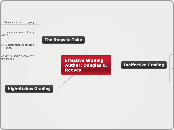por brittany rivera hace 12 años
217
Effective Grading
Addressing the challenges of high-stakes grading, the impact on student performance and school morale becomes apparent. Improving grading policies not only helps reduce failures but also fosters better discipline and higher morale among students and staff.









